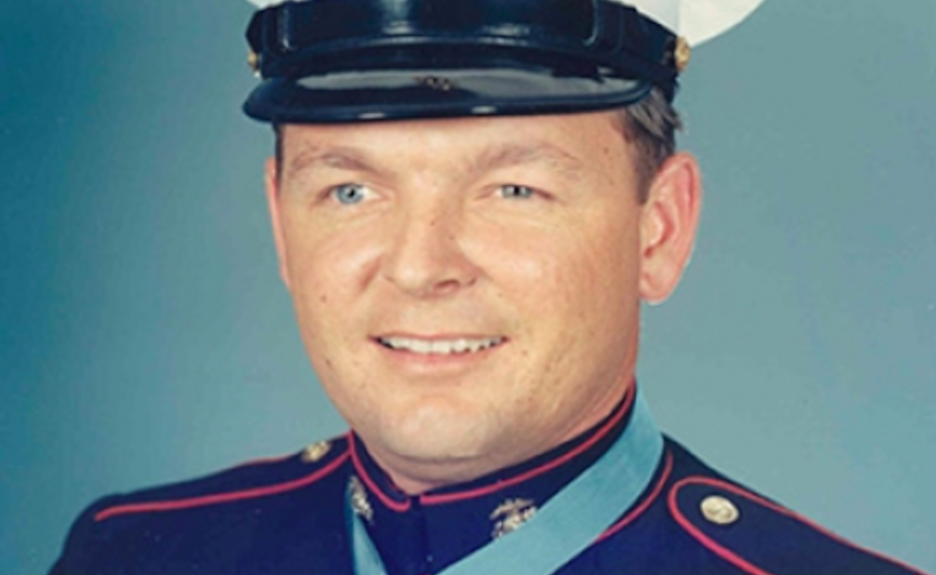A little over two weeks ago Richard A. Pittman, a recipient of the Medal of Honor, died in Stockton, California, at the age of 71.
While the veteran’s soul has passed on, the actions that earned him the military’s most prestigious award for valor will remain shrouded in the national record, an account of heroism that should stand for as long as the United States of America does.
In short, Pittman charged directly into an enemy ambush — a death sentence, through heavy fire and countless numbers of North Vietnamese troops poised to bring him down, and fought. And, somehow, lived. Two years later he found himself standing in front of President Lyndon Johnson, at the White House, graciously accepting that the famous blue and white-starred ribbon and adorning pendant be placed around his neck.
The details of his courage and the events of that fateful day in Southeast Asia, however, are more telling.
This from The New York Times:
On July 24, 1966, Mr. Pittman was a lance corporal in Company I, Third Battalion, Fifth Marines, First Marine Division. His unit was moving down a narrow jungle trail near the demilitarized zone when Marines ahead of his position were attacked by a larger, concealed enemy force.
Lance Corporal Pittman grabbed a machine gun and belts of extra ammunition and rushed ahead, firing into the enemy position. He destroyed two enemy automatic weapons and kept advancing, into what the Medal of Honor citation described as “a withering hail of enemy mortar and small-arms fire” to reach wounded Marines 50 yards up the trail.
“As he reached the position where the leading Marines had fallen, he was suddenly confronted with a bold frontal attack by 30 to 40 enemy,” the citation continued. “Totally disregarding his safety, he calmly established a position in the middle of the trail and raked the advancing enemy with devastating machinegun fire.”
When his machine gun failed, he kept firing with a Vietnamese submachine gun and a pistol. When he ran out of ammunition, he threw a grenade, his last remaining weapon, at the retreating North Vietnamese soldiers, and then returned to his platoon.
“I just did it,” Mr. Pittman, who was later promoted to sergeant, told The Los Angeles Times at a convention of the Congressional Medal of Honor Society in 1987. “I knew somebody had to do something. Combat was kind of always instinctive for me.”
Pittman’s destiny, as one of American history’s fiercest fighters, shouldn’t have been. It seemed, at the start, more than a long shot — it seemed downright impossible.
Born with vision in only one eye, the California native was rejected and deemed “4-F” (medically unfit for combat) by the Army, Navy, Air Force and the USMC. However, he was determined to become Marine, and in 1965 successfully enlisted by faking his eye exam.
After retiring from the service in the late 1980s as a master sergeant, an elementary school in his hometown of Stockton was named after him.




































